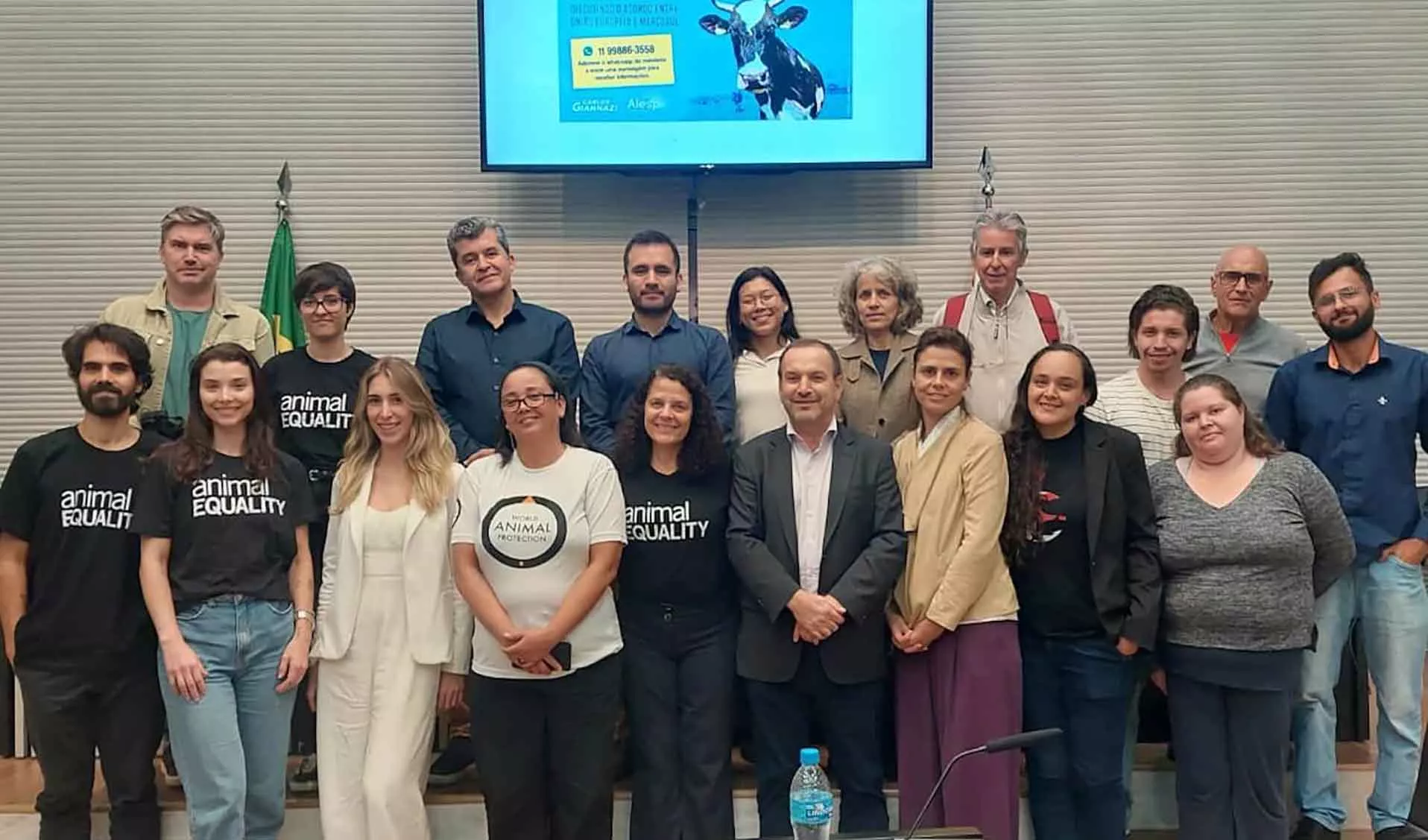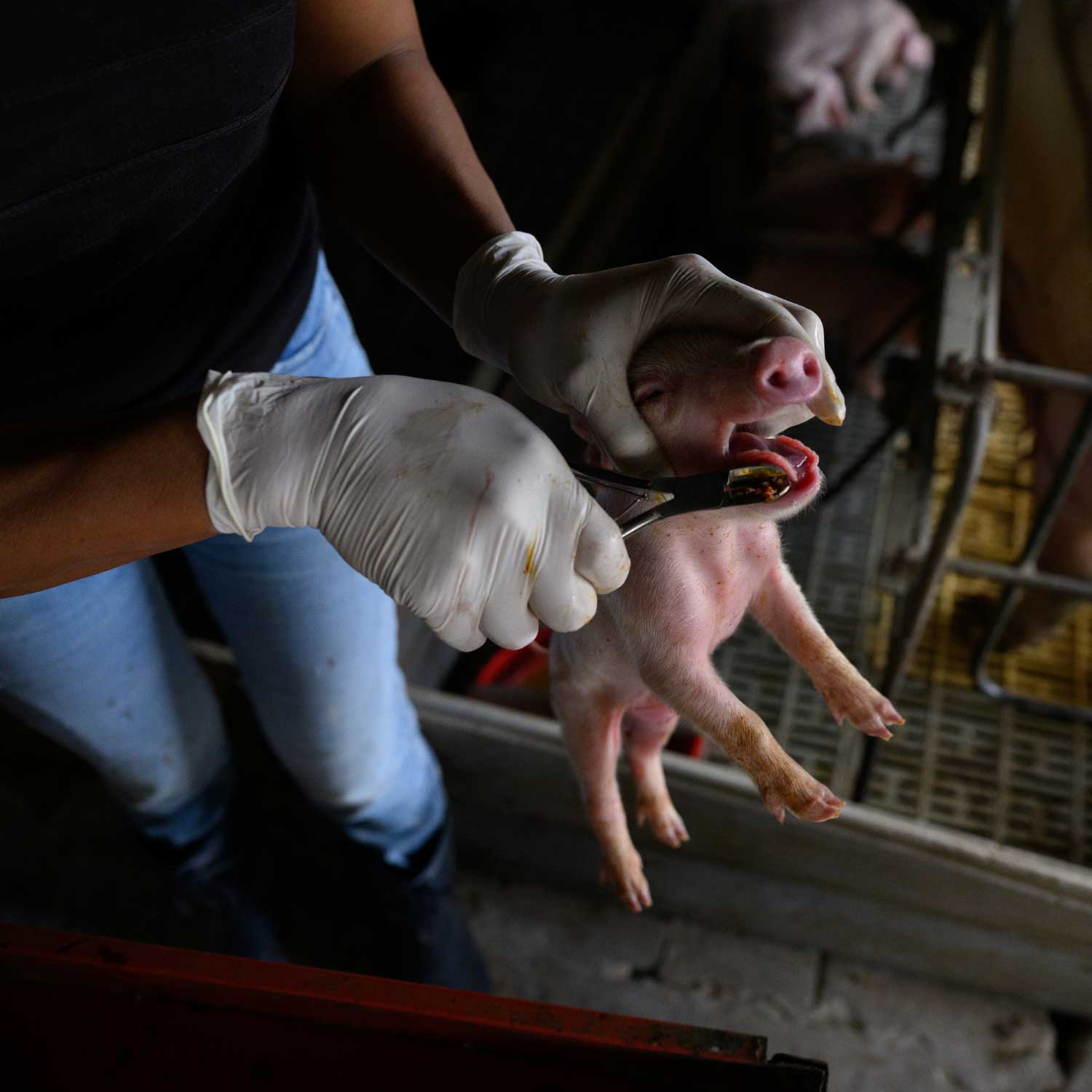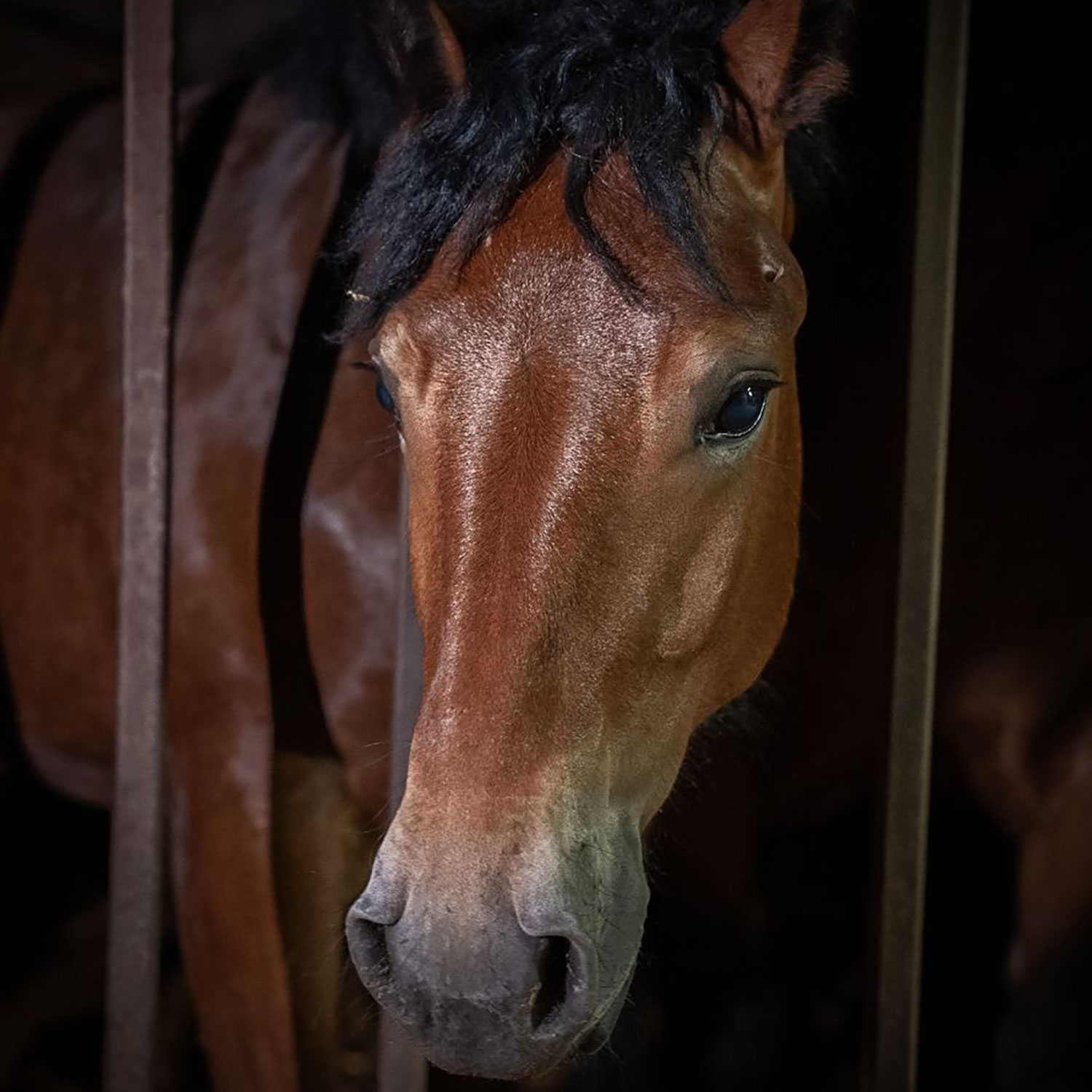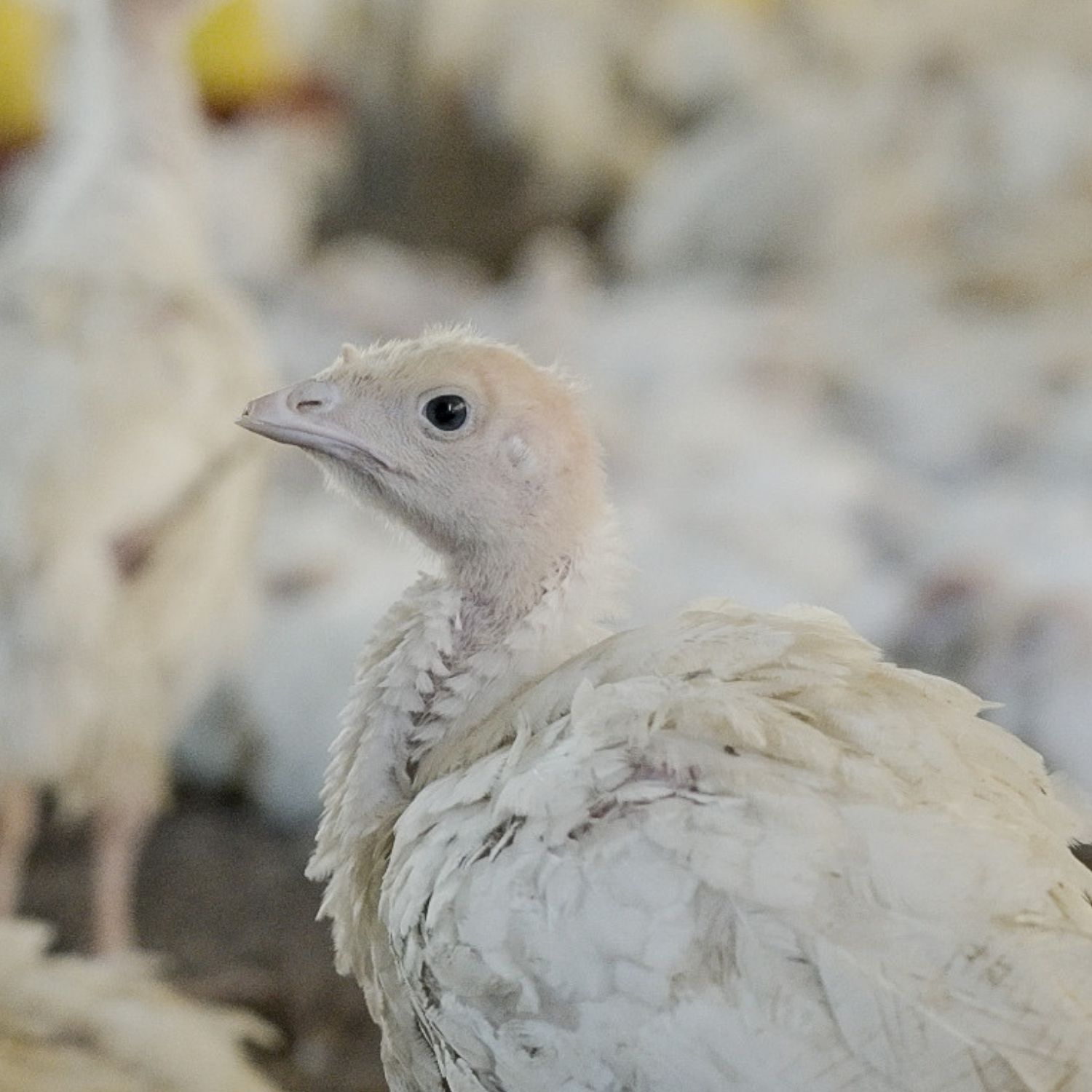Breakdown of the EU-Mercosur agreement: What could take decades to repair
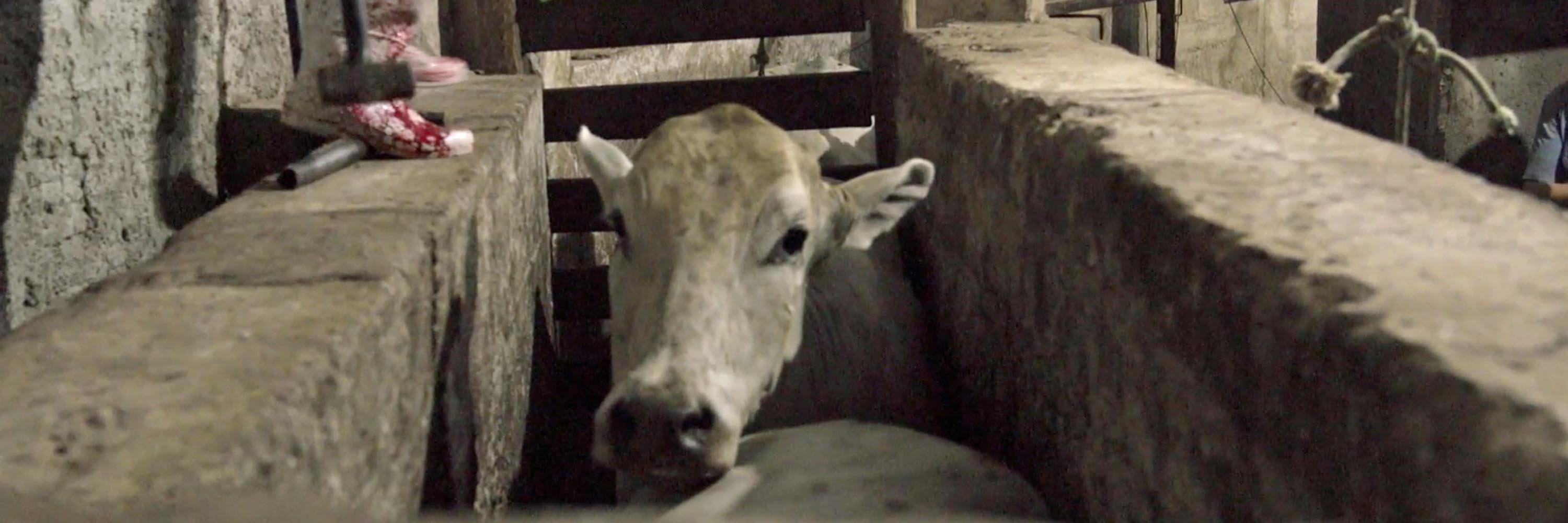
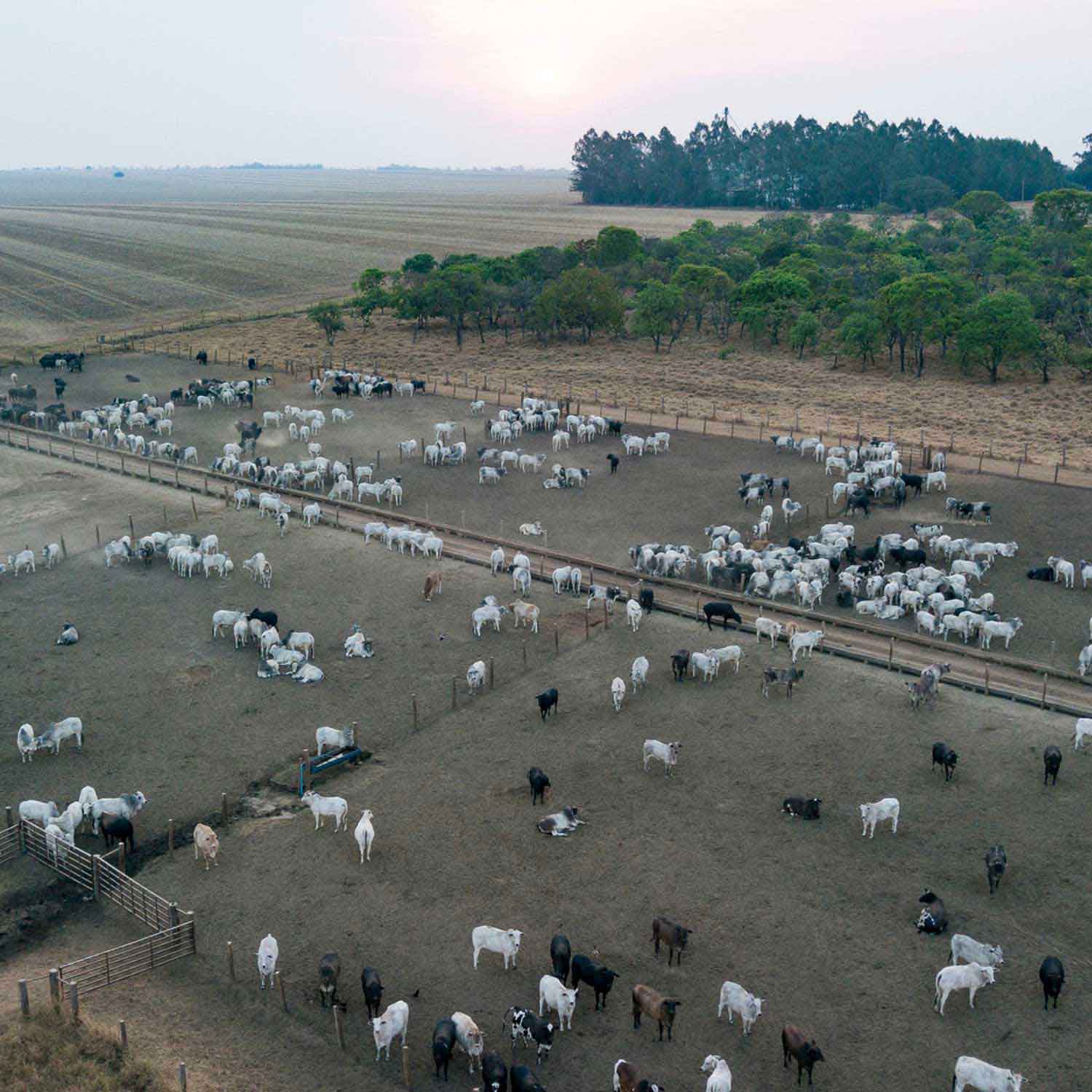
A major trade deal between the European Union and Mercosur—a group of countries that includes Brazil, Argentina, Paraguay, and Uruguay—is under scrutiny by global experts.
The agreement would lower costs for meat and egg exports to Europe, boosting profits for South American factory farms. Critics say it allows the EU to appear tough on animal protection while outsourcing cruelty.
What’s at stake
- Factory farming surge: To meet European demand, factory farms in South America would need to expand quickly. Animal Equality investigations in Brazil have uncovered filthy conditions and severe animal suffering. The deal could force billions more animals into these same conditions.
- Animal protection rollbacks: Mercosur countries allow farming practices the EU is moving away from. This includes caging hens, locking pregnant pigs in crates, and shredding male chicks alive.
- From forests to feedlots: In Brazil, rainforests have been burned to raise cows and grow their feed. A new EU law blocks imports tied to this deforestation. But instead of targeting meat production, politicians are backing feedlots: packed pens where cows can’t graze, roam, or move freely.
- Breeding grounds for disease: Animals on factory farms are often packed into stressful, unsanitary conditions. This weakens their immune systems and makes it easier for diseases to spread. Many modern pandemics—including COVID-19 and bird flu—have been linked to animals used for food.
- A hidden health threat: To prevent infections in these conditions, farms routinely give animals antibiotics. This overuse fuels antibiotic resistance, making infections harder to treat in people. As of 2020, Brazil was the world’s second-largest user in animal agriculture.
Resistance builds against EU-Mercosur
Some EU countries–including France and Austria–have pushed back against the deal. The European Parliament rejected the original version and demanded major changes.
In 2024, French retailer Carrefour briefly stopped buying meat from Mercosur countries over animal cruelty and environmental concerns. It reversed its decision after pressure from Brazil’s agriculture lobby.
Why would the EU approve a deal that harms animals abroad? It undermines the very standards the European Parliament says it upholds. – Carla Lettieri, Executive Director of Animal Equality in Brazil
Where the deal stands now
A political deal was reached in 2024 between the EU and Mercosur, but it’s not final. It still needs legal review and translation to ensure the language is accurate across all EU countries.
After that, the European Parliament and each EU country must approve it through a process known as ratification.
The European Parliament should not ratify the agreement because it will cause decades of harm to animals in Brazil. Instead, we should use this moment to move away from animal products and toward plant-based alternatives. – Carla Lettieri, Executive Director of Animal Equality in Brazil
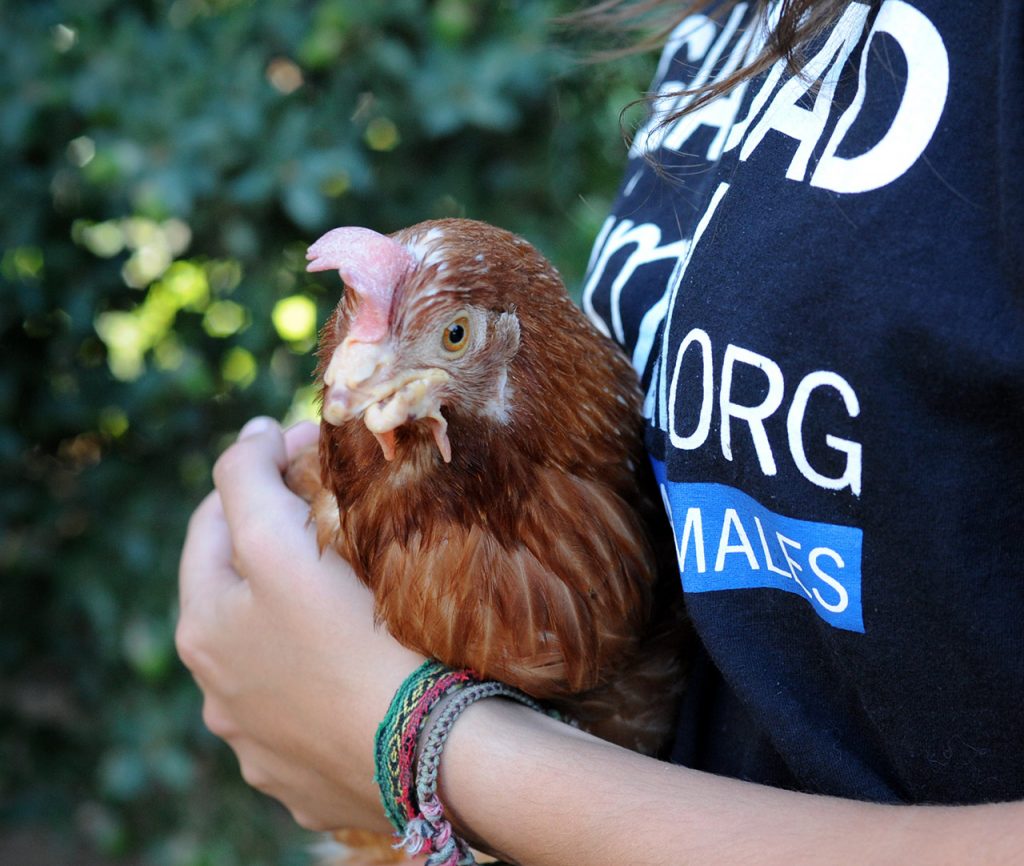
LIVE KINDLY
With rich emotional lives and unbreakable family bonds, farmed animals deserve to be protected.
You can build a kinder world by replacing animal food products with plant‑based ones.
What Animal Equality is doing
Animal Equality and allied groups have pushed for stronger animal protections in the deal since 2022. They’ve called for mirror clauses—rules that would require meat exporters to follow the same animal protection standards as the EU.
They’ve sent letters to EU and Brazilian officials, met with lawmakers, and addressed the European Parliament.
In 2025, Animal Equality released a report at the University of São Paulo, warning the deal could cause lasting harm to animals. That report is now housed in the university’s law library to support future legal action.
